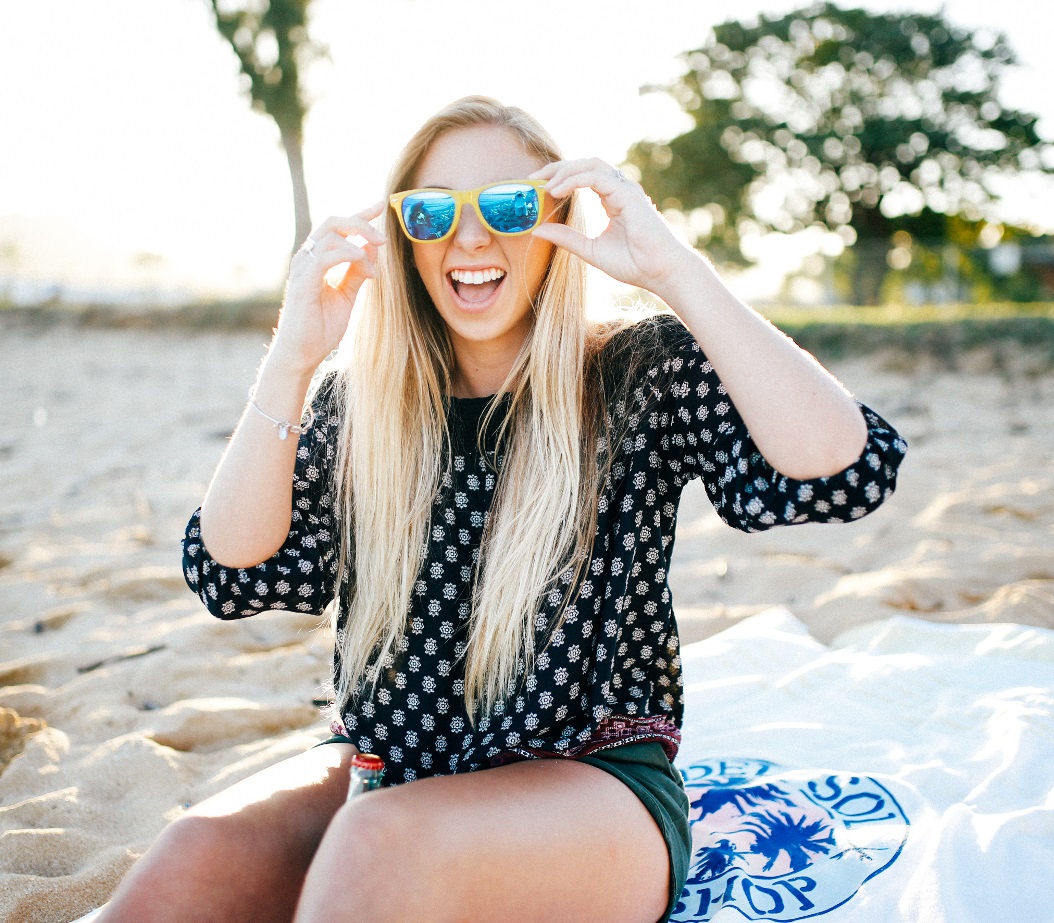
7 Ways To Protect Your Skin From The Sun
Looking to keep your skin safe from premature aging, sunspots, and even skin cancer? According to the American Cancer Society, “skin cancer is by far the most common type of cancer” in the United States, and more cases of skin cancer are diagnosed each year than all other types of cancer combined. It’s usually caused by over-exposure to UV rays from the sun.
The good news is that you can significantly reduce your risk of developing skin cancer by protecting your skin – here’s seven ways you can do that:
1) Cover Up
When you’re outside, try to wear long pants and long-sleeved tops. If possible, choose dark-colored, tightly woven fabrics or look for fabrics that are specially designed to block UV rays.
2) Limit Midday Sun Exposure
Avoid sun exposure during midday. From 10 am to 4 pm the sun’s rays are at their peak, which also means the highest levels of skin-damaging UV rays. A good rule of thumb is to stay out of the sun when your shadow is shorter than you.
3) Wear A Hat
Many types of skin cancer and UV-related sun damage impact the ears, nose, lips, and cheeks. Wearing a large-brimmed hat can help keep your face and eyes protected while outdoors.
4) Slap On The Sunscreen
Use a broad spectrum sunscreen that blocks both UVA and UVB radiation – even on overcast days, since UV rays can travel through clouds to cause damage to your skin.
5) Protect Your Eyes
It’s not just your skin that needs shielding from those intense UV rays – your eyes are also vulnerable to severe, and irreversible, UV damage. Wearing a pair of high-quality, UV-blocking sunglasses is the best way to protect your eyesight while you’re outside – not to mention the fact that color-changing sunglasses are also a great fashion accessory!
6) Sun and Medications Don’t Mix
Some medications can make your skin even more sensitive to the sun, including certain types of antibiotics, anti-fungals, chemotherapy, and blood pressure drugs. If you’re taking medications, be sure to ask your pharmacist about how your treatment could impact your sensitivity to UV rays.
7) Be Careful In The Water
Water reflects the intense UV rays from the sun, which can expose you to significantly higher levels of UV than you’d normally find away from the beach, lake, or river. Take extra care to apply waterproof, SPF 30 or higher sunscreen when you’re planning on getting wet.
Article as seen on Harcourt Health.
